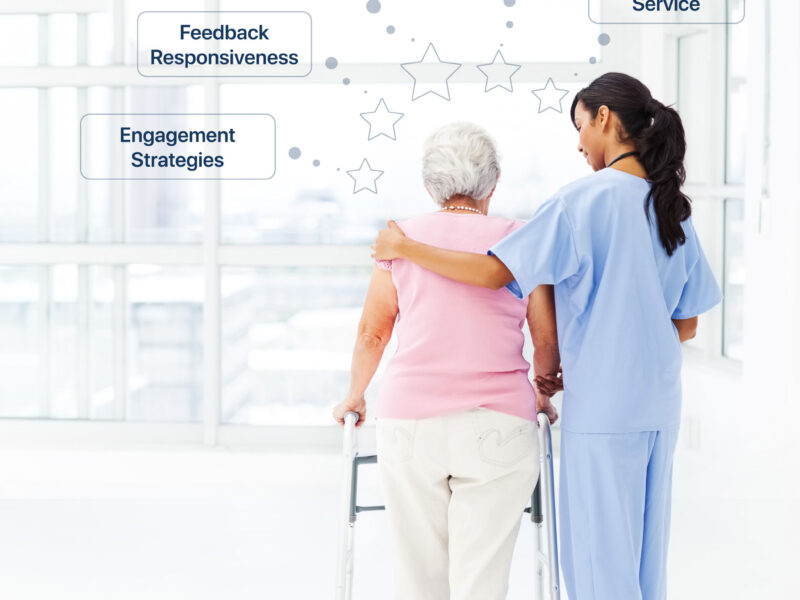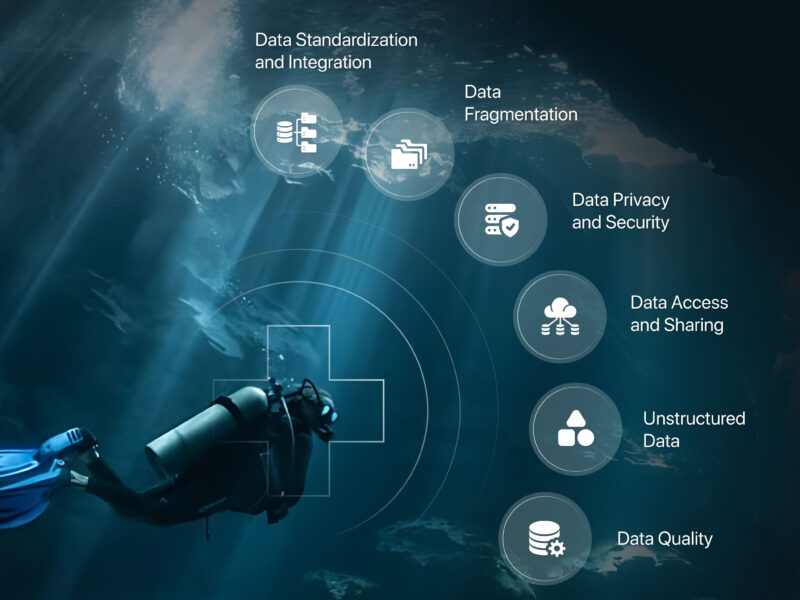The healthcare landscape is evolving quickly to be always-on, always-connected, always-engaged, driving patient experiences, creating efficiencies, and delivering intelligence to continue to iterate and innovate. With advances in technologies like 5G coupled with data analytics and machine learning, the resulting intelligence can transform the healthcare digital landscape, benefiting payers, providers, and patients alike.
So, what is standing in the way of true digital transformation? The answer is the lack of interoperability. Payers, providers, and patients are hindered by disparate data sources resulting in delays or incomplete medical histories. Decision-makers may be at various levels of the ecosystem, from the payer approving treatment to specialists advising on expertise to the provider and patient making informed choices on care options. These healthcare professionals need to be able to communicate in real-time supported by Augmented Intelligence, allowing for the sharing of information to the right parties at the right time to make informed decisions.
Healthcare ecosystems have evolved over decades built on legacy systems. These systems are expensive and embedded in our culture, so obviously, they won’t disappear overnight. But their existing limitations, such as siloed data, need to be addressed. This is accomplished through APIs.
Application programming interfaces (APIs) allow developers to create standards-based solutions to exchange disparate data. APIs allow programmers to create channels to share disparate data by creating a standard protocol for data exchanges. API creates interoperability between both internal and external systems.
API-enabled technology creates a common platform through which healthcare professionals can coordinate care, ensure accuracy in billing and collection, and monitor aftercare remotely, driving a better overall patient experience.
Advances in technology won’t replace care providers. At the same time, Artificial Intelligence may outperform their human counterparts. The best outcomes are when intelligence is coupled with professional experience to offer an augmented approach to problem-solving. It is essential for healthcare organizations to leverage data analytics to enable care-gap analysis, patient risk identification, and track operational metrics to drive efficiencies. In healthcare, having the right information available at the right time in a standardized format available on any system leads to improved efficiency, safety, and patient outcomes.
Fast Healthcare Interoperability Resource (FHIR) based patient data platforms deliver seamless care coordination services across the care continuum in a secure and HIPAA compliant manner.



